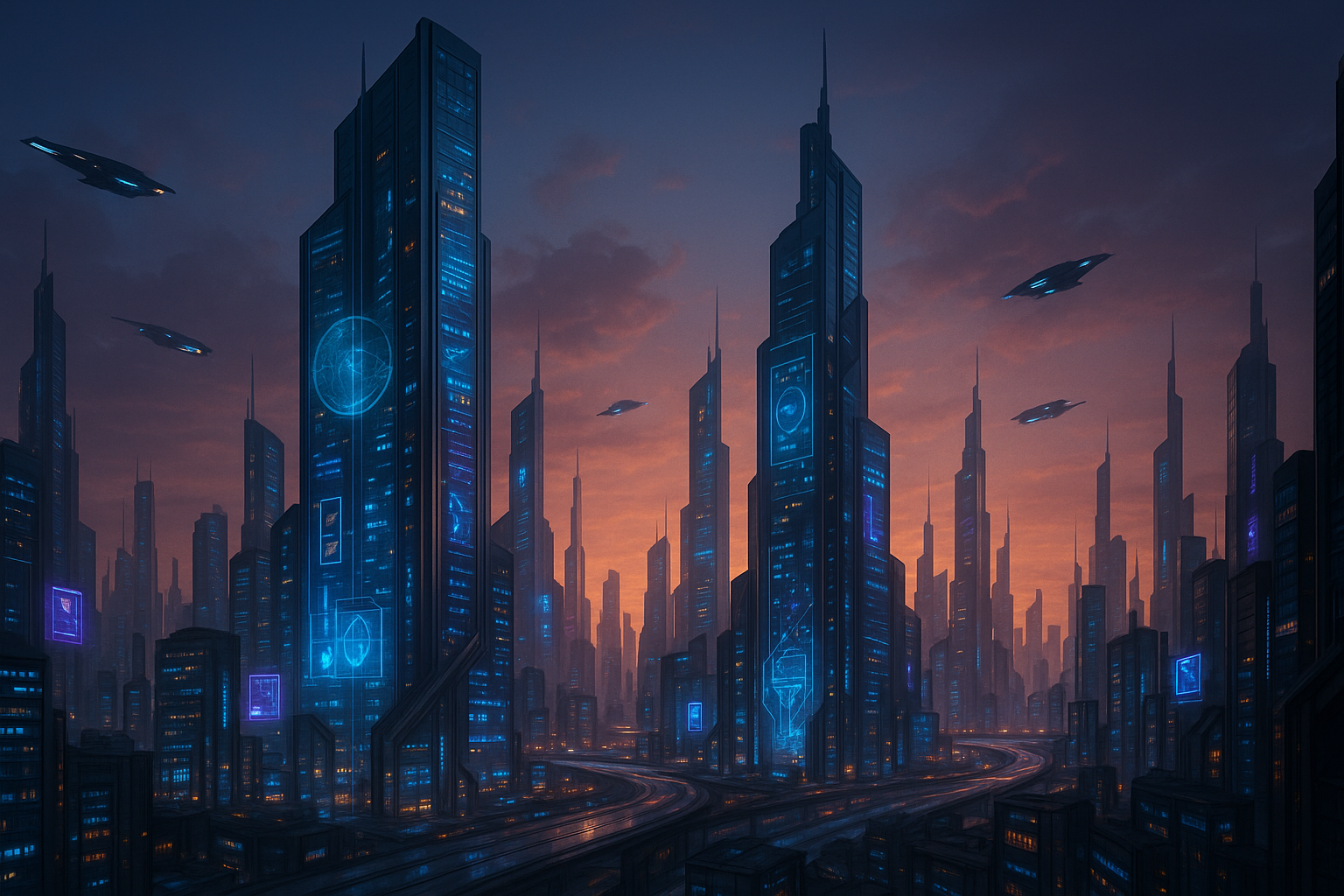
Speculative fiction allows us to view our own reality through the lens of the impossible.
Ursula K. Le Guin once wrote, "Science fiction is not prescriptive; it is descriptive." At first glance, this seems contradictory. Isn't the genre defined by its focus on the future, on technologies that don't exist and worlds we've never visited?
But the true power of speculative fiction—whether it's hard sci-fi, fantasy, or dystopian literature—lies not in predicting tomorrow's gadgets, but in dissecting today's humanity. By stripping away the familiar and placing ordinary people in extraordinary circumstances, the genre performs a unique alchemy: it isolates the variables of human nature.
The Laboratory of the Mind
Think of a speculative fiction story as a controlled experiment. In the real world, it's impossible to test how a society functions without the concept of gender, or how an individual copes with immortality. There are too many variables, too much noise.
But on the page, a writer can build a clean room. They can ask: What happens to human connection if we can share memories directly? (as explored in Quantum Memories). Or: How does our definition of 'soul' change if we can manufacture a person? (the central question of The Synthetic).
These aren't just abstract puzzles. They are mirrors. By watching characters navigate these "impossible" situations, we learn something profound about how we navigate our own very real lives.
"The alien is never just an alien. It is the Other, the Outsider, the Unknown that we face every day in our fellow humans."
Mirroring Reality Through the Strange
Sometimes, the best way to see a problem clearly is to step away from it. Real-world issues like racism, political corruption, or religious intolerance come with heavy baggage. Readers often have their defenses up before they even finish the first paragraph.
Speculative fiction bypasses these defenses. In The Wanderer, we encounter a story about a stranger from the stars teaching radical love in a time of oppression. It's a narrative framework that allows us to re-examine familiar historical and spiritual themes without the weight of millennia of dogma. We can look at the core message—compassion, sacrifice, resilience—with fresh eyes.
Similarly, The Disappeared uses the trope of mysterious vanishings to explore loss and the uncertainty of grief. The sci-fi element is the vehicle, but the cargo is pure human emotion.
The Ethics of Tomorrow
We live in an era where yesterday's science fiction is rapidly becoming today's news headlines. AI, genetic editing, space tourism—these are no longer just thought experiments.
This makes the role of the speculative fiction writer more vital than ever. We are the lookout crew on the ship of progress. By imagining the worst-case scenarios (dystopias) and the best-case scenarios (utopias), we help society "rehearse" for the future.
The Writer's Challenge
If you're writing speculative fiction, ask yourself:
- What is the emotional core of my high-concept idea?
- How does this technology/magic change the way people love, fight, or work?
- What unchanging human trait is highlighted by this changing world?
Hope in the Dark
Finally, speculative fiction offers something crucial: hope. Not blind optimism, but the gritty, hard-won hope that comes from seeing characters survive the collapse of worlds. Whether it's the survivors on a generation ship in Voyage of the Stellar Dawn or a detective solving crimes in a timeline that shouldn't exist.
It reminds us that while our tools and our environments may change, our capacity for courage, creativity, and endurance remains constant. And in a world that often feels like it's spinning out of control, that is a "What If" worth holding onto.
Ask the Big Questions
The next time you sit down to write—or read—a sci-fi story, look past the starships. Look for the human heart beating in the machine. That's where the real story is.


